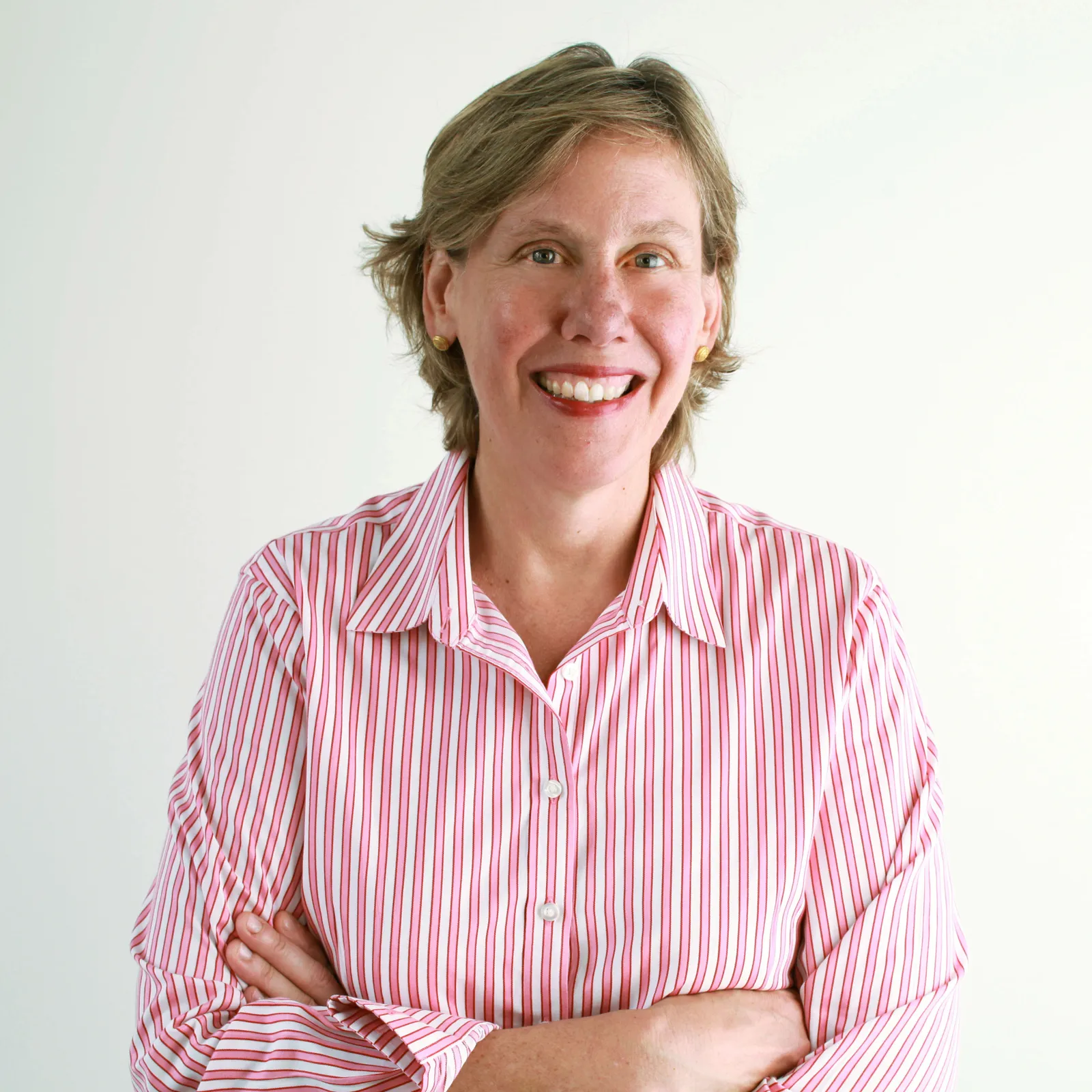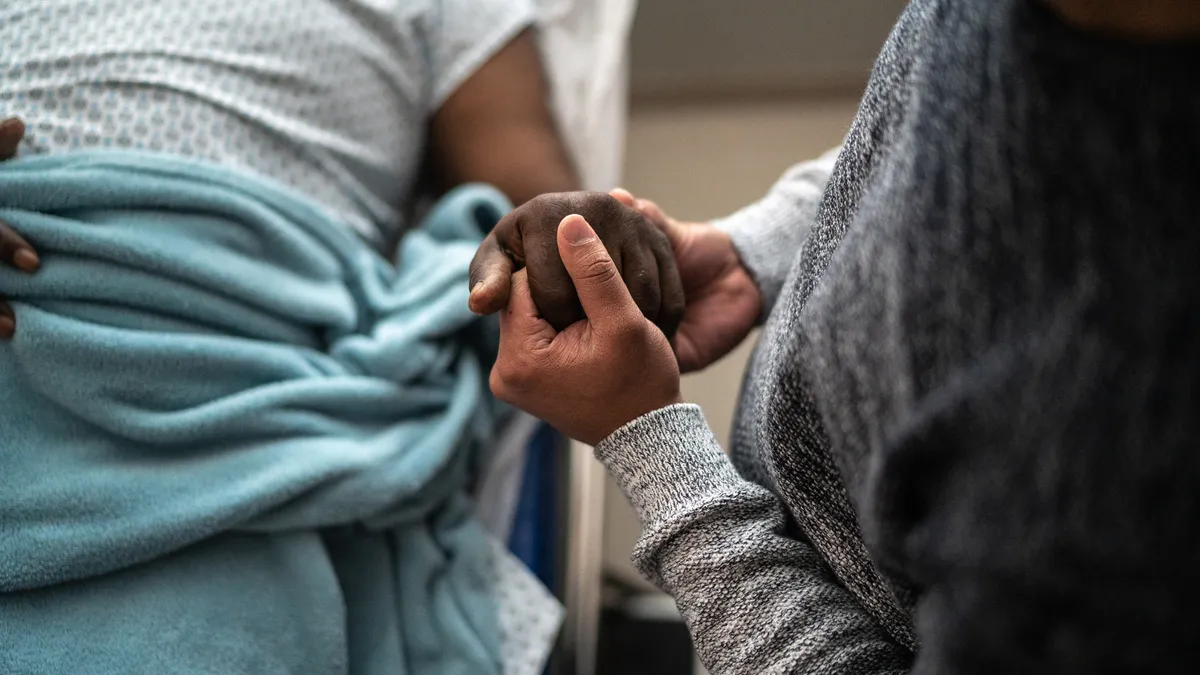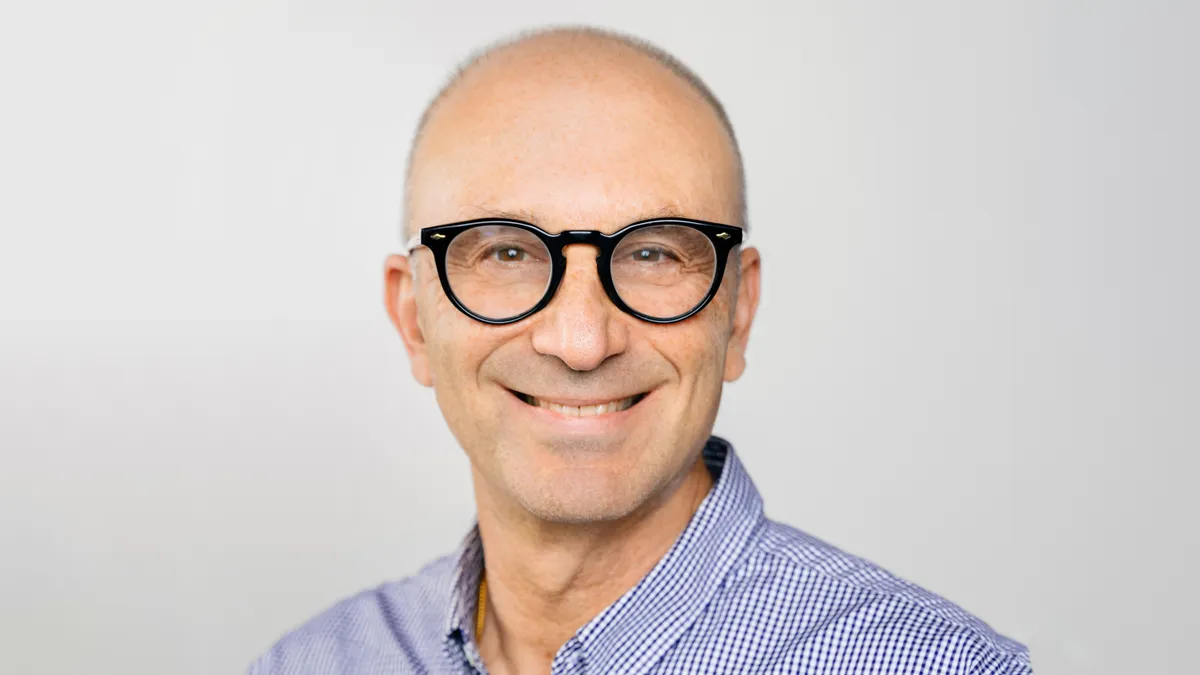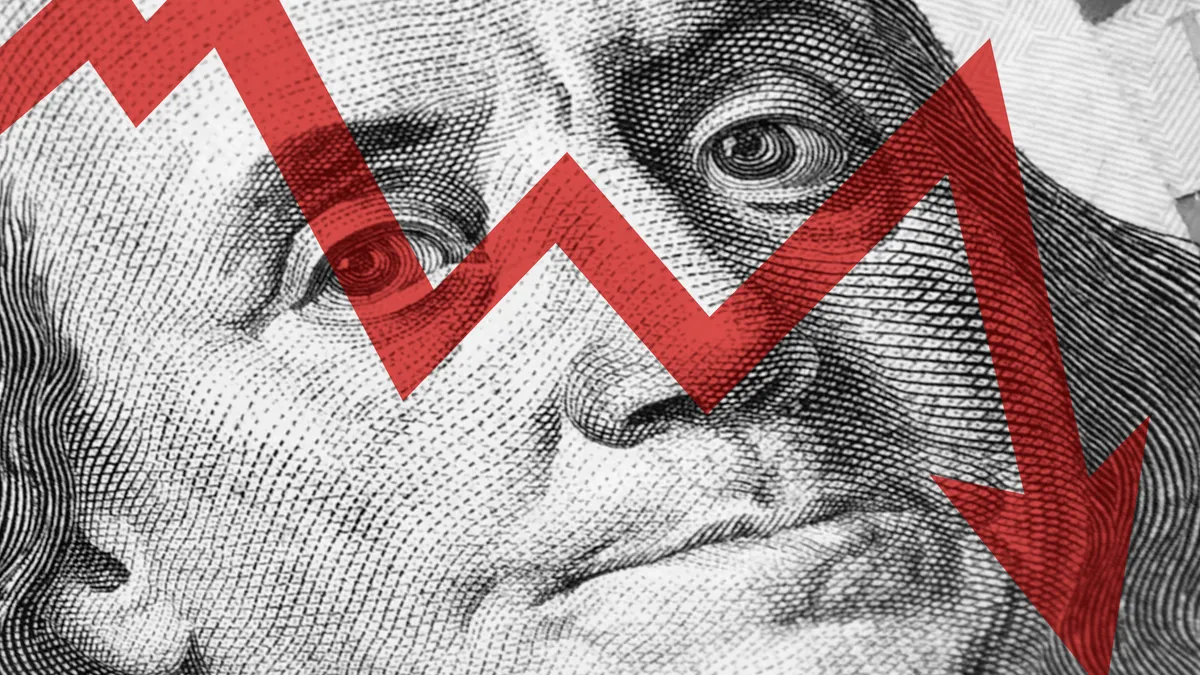Elizabeth Izard Apelles has a soft spot for underdogs. She roots for them, she fights for them, and ultimately, they inspire her.
“It’s got to be the underdog,” she says. “Always.”

And for Apelles, the utmost underdogs are people who live with and battle rare diseases.
“What inspires me without question is winning against the odds, the power of the underdog. Rare disease is, in my view, a group of individuals who have been left behind,” she says.
Apelles is the CEO of Greater Than One (GTO), a healthcare marketing agency. She also leads the company’s nonprofit GTO Greater Good, which aims to create well-being for people and the environment.
One of those initiatives is Honeycomb Health, a nonprofit technology platform for families facing rare genetic diseases. Right now, Honeycomb Health creates and manages free online stores to support the fundraising efforts of rare disease advocacy groups.
Eventually, Honeycomb’s aim is to help families organize and share generational health information. Within each online “hive” users will be able to store, share and maintain information about their family’s health, environmental and behavioral history. Right now, that portion of the program is in the beta stage, with a plan to launch the information-sharing platform within the next two years.
Inspiring odds
Honeycomb Health’s tech platform is rooted in the notion that rare disease is often generational, and that for most rare disease patients, it takes five to 10 years to even start getting answers about their diagnosis. And they often wage an uphill battle to do so, usually facing “years and years and years of detective work,” Apelles says, and sometimes traveling to new cities to find doctors who can give them answers.
Apelles has seen this up close. Her brother has a condition called spontaneous coronary artery dissection, or SCAD, which occurs when a torn heart blood vessel slows or blocks blood flow to the heart.
“It took him years to figure that out,” she says. “One thing all rare disease patients and people who live with what they consider a rare disease have in common is the unknown.”
Apelles has always been inspired by people who win against the odds, like her father, an entrepreneur who was bedridden for two years upon returning home to North Carolina from WWII. Apelles’ mother lived next door.
“As soon as he could walk, they got married, moved to Dalton, Ga., had five kids and started selling carpets,” she says.
Eventually, they moved the family, which included Apelles and her four siblings, to Rye, N.Y.
“The only place you could fly to the Middle East, direct, back then was John F. Kennedy Airport, and dad figured out that the Middle East was having a huge boom of buildings — office buildings, hotels — but they had no wood, so they needed carpets to lay down on the cement,” she says. “He put all five of us through school and taught us the power to get out there and do it.”
‘In the arena’
She put the power of the underdog and winning against the odds to use in her own life in large and small ways, from being the first woman coach in a huge Brooklyn basketball league, 78 Youth Sports, and leading her son’s team to a championship season, to Greater Than One, where she dove headfirst into bidding for — and winning — the role of Eli Lilly’s agency of record for all digital media and search in its first year.
“We were 10 people at the time, and I remember it was a $19 million budget — and this is in 2000 — and we won it, and that launched us in healthcare,” she says. “That is one of the themes of 22 years of Greater Than One: If we believe we can do the job, we will always pitch for it.”
“One thing all rare disease patients and people who live with what they consider a rare disease have in common is the unknown.”

Elizabeth Izard Apelles
CEO, Greater Than One
She also admires that grit and determination when she sees it in others, like a woman named Rebecca Trahan, a spontaneous coronary artery disease (SCAD) patient who ran Honeycomb Health’s SCAD digital storefront (which benefits the SCAD Alliance) and uprooted her life in Texas to move into a 400-square-foot apartment in Harlem to be near Mount Sinai for her care.
Apelles says they aim to hire patients who live with a rare disease to manage the Honeycomb Health storefront for that disease. Altogether, Honeycomb Health has built an engine that can plug in 500 different storefronts to sell everything from sweatshirts and beanbag chairs to cellphone cases and T-shirts. The platform then funnels 90% of the profits from every purchase into its targeted rare disease advocacy group.
Apelles, a PharmaVoice 100 honoree, doesn’t need to be reminded of the value of fighting and winning against the odds, but nevertheless, she keeps a framed copy of Teddy Roosevelt’s famous “Man in the Arena” quote in her office. Her children have it on their desks, she gifted copies of it to the kids she coached in basketball, and she recites it, word for word, as if speaking from the pulpit herself.
“The credit belongs to the man who is actually in the arena, whose face is marred by dust and sweat and blood …” the speech begins, guiding Apelles to strive for excellence despite challenges along the way.



















